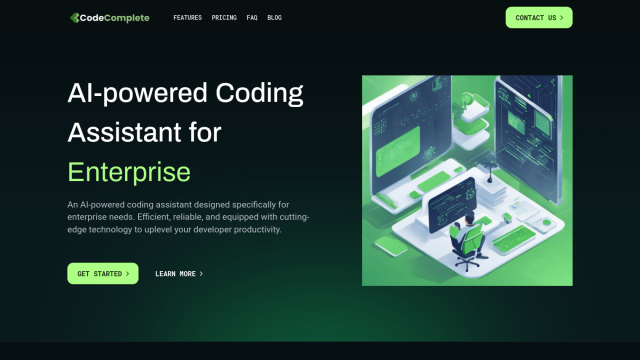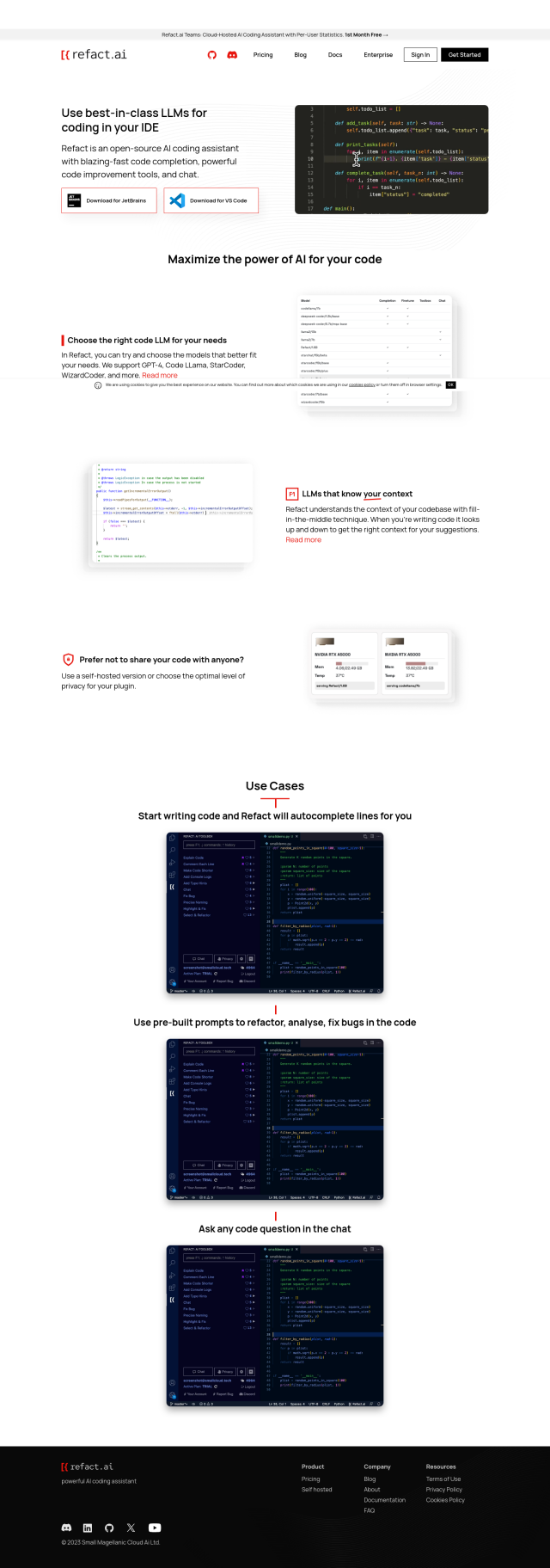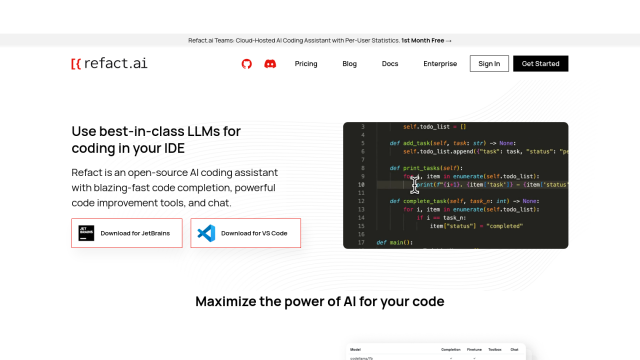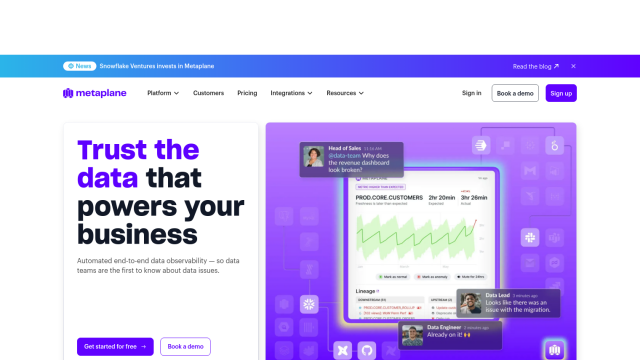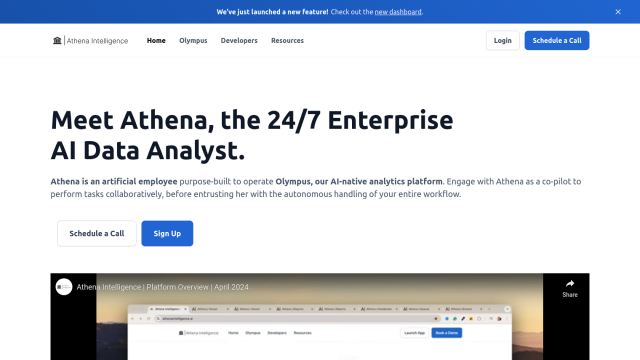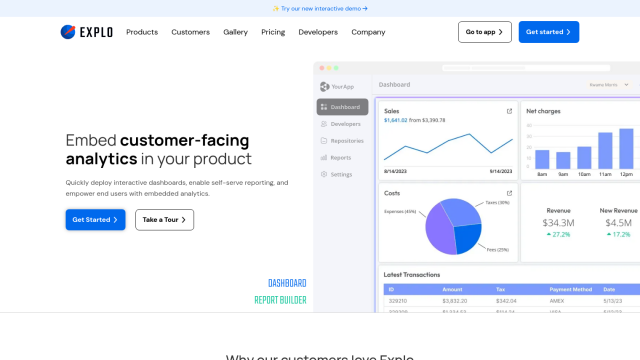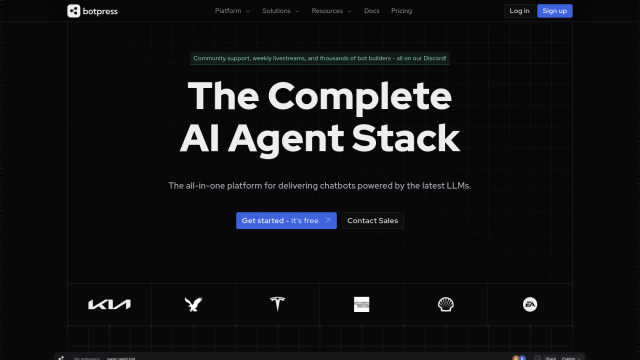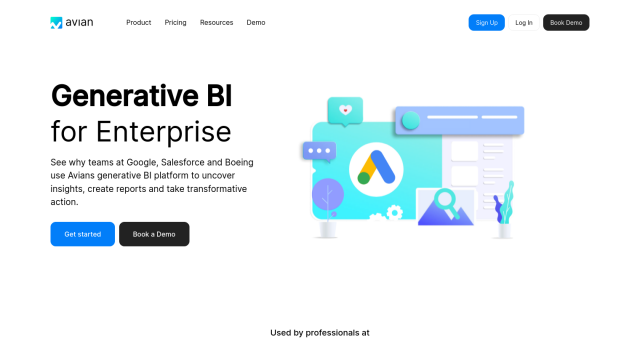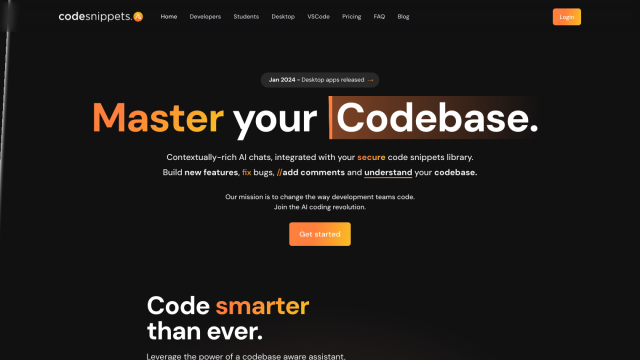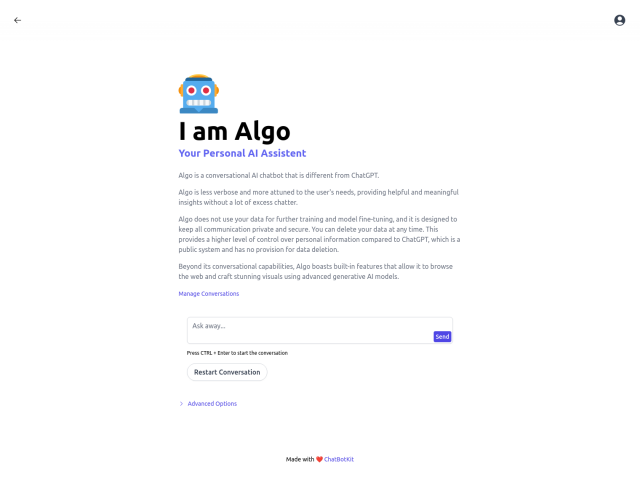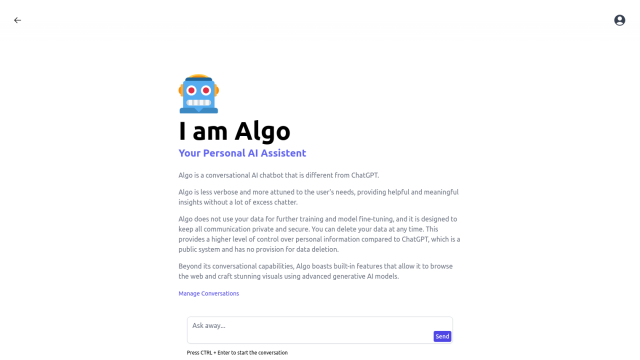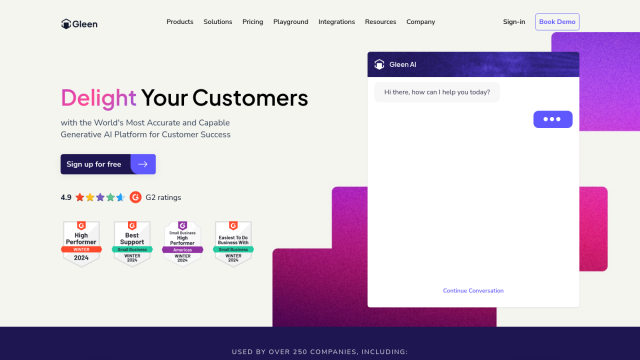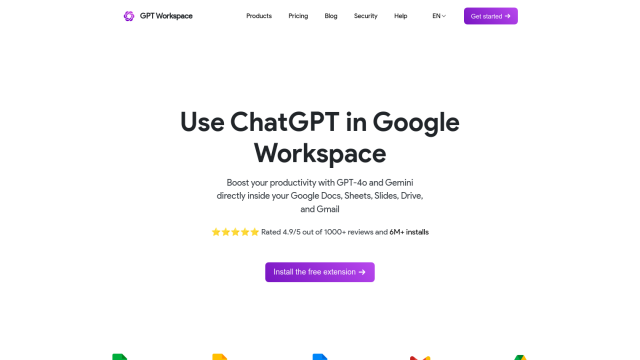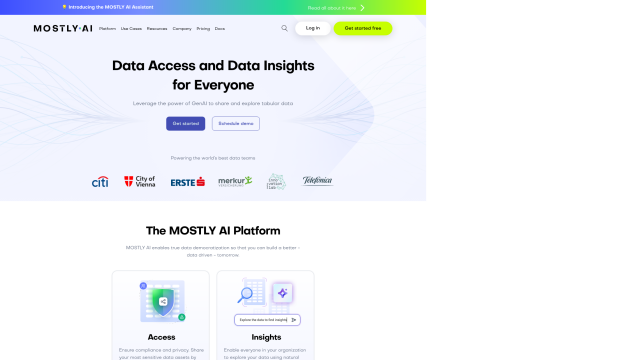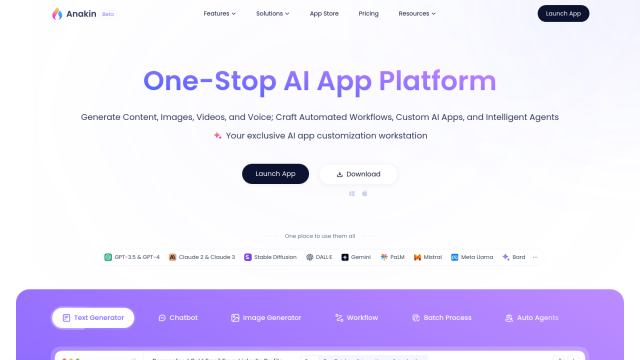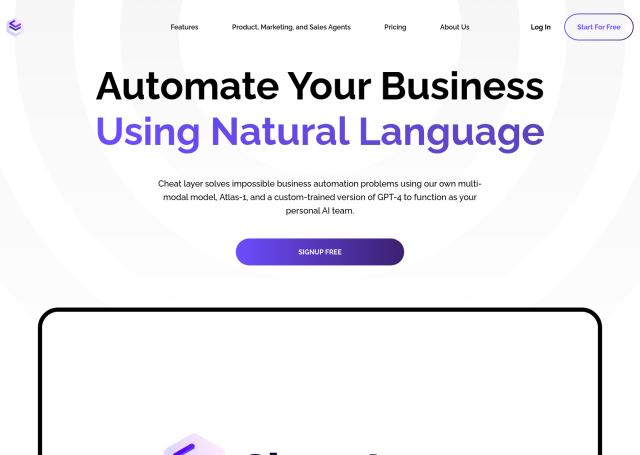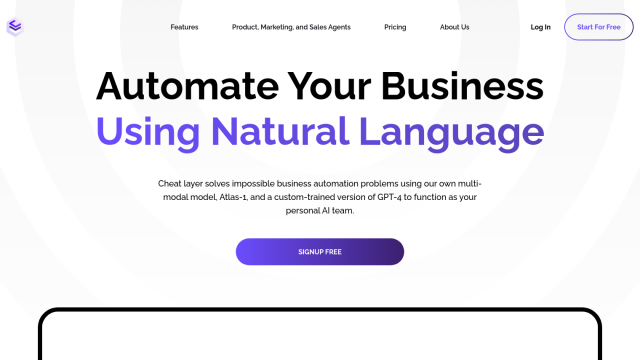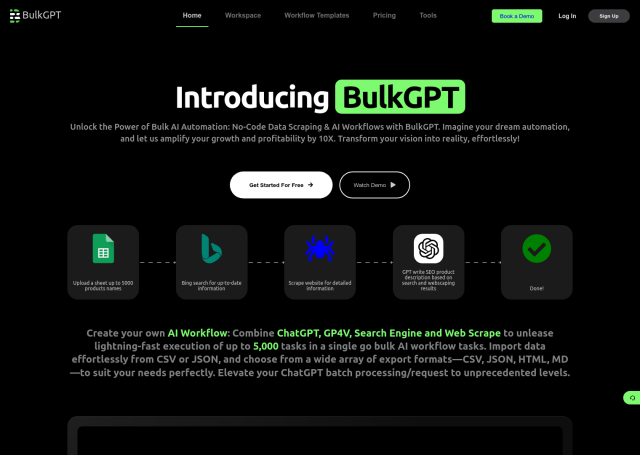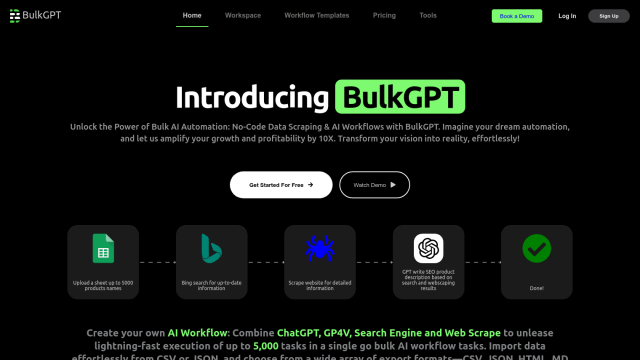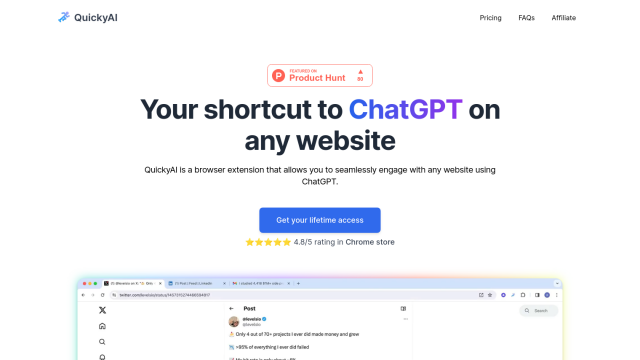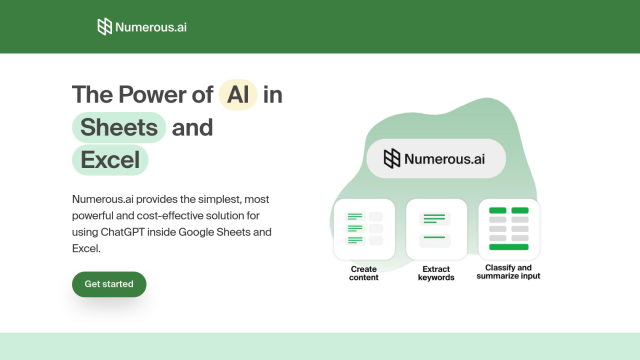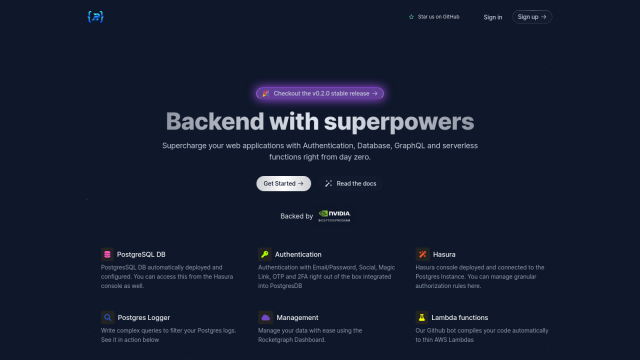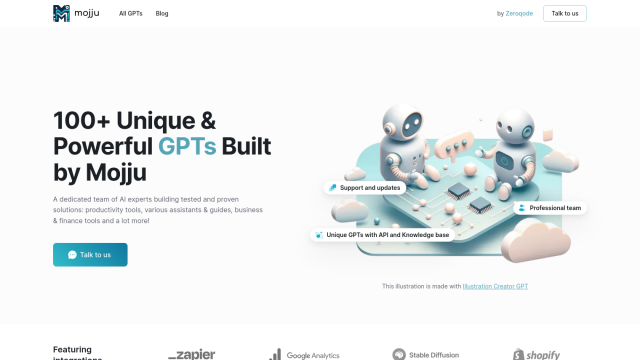Question: Do you know of a tool that simplifies the management of GPT actions and analytics, while maintaining high security standards?

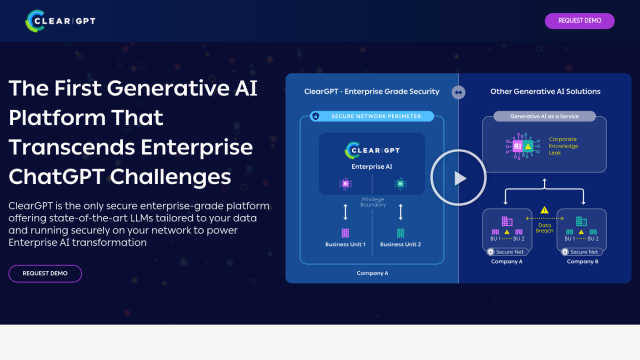
ClearGPT
For running GPT jobs and monitoring analytics with strong security, ClearGPT is a strong contender. This enterprise-focused platform uses generative AI and Large Language Models like ChatGPT but is designed for use within an organization. It includes features to minimize data leakage, controls access by role and data governance, and can be integrated with existing applications. ClearGPT is geared for data-science teams that want to use the latest AI models without fear of vendor lock-in.

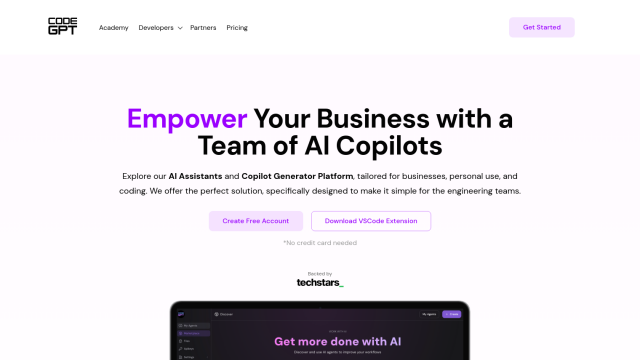
CodeGPT
Another strong contender is CodeGPT, an AI Copilot solution that programmers can use to write code more efficiently while keeping data private and secure. It provides custom AI assistants that are built into coding workflows through IDE extensions like VSCode. CodeGPT supports more than 100 certified AI technical assistants, offers code completion, unit testing and screenshot-to-code abilities, making it a good option for businesses and developers that want to accelerate coding without sacrificing security.

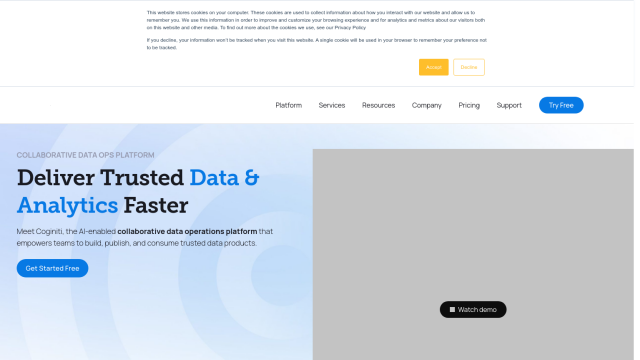
Coginiti
For those who need a collaborative analytics platform, Coginiti is a good option. It lets teams build, publish and consume trusted data products by linking deep database objects and offering modular analytic development. Coginiti also supports team collaboration and data quality validation, making it a good option for organizations that need consistent analytics and data-driven decision support while following data security policies.

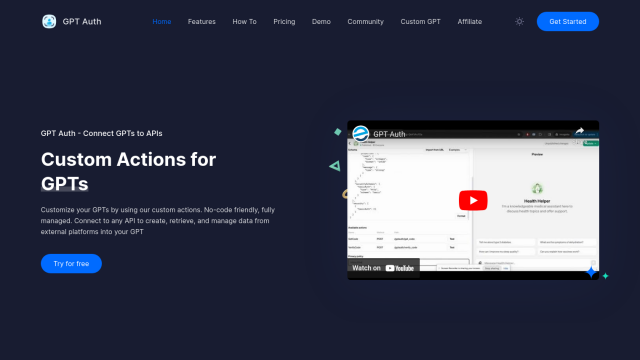
GPT Auth
Last, GPT Auth adds security and customization to GPT applications with custom actions and no-code authentication. It lets developers control data and monitor user activity, with features like real-time query tracking and easy setup with OpenAPI schema handling. GPT Auth is designed to balance security with flexibility, so it's a good option for developers of all skill levels.

